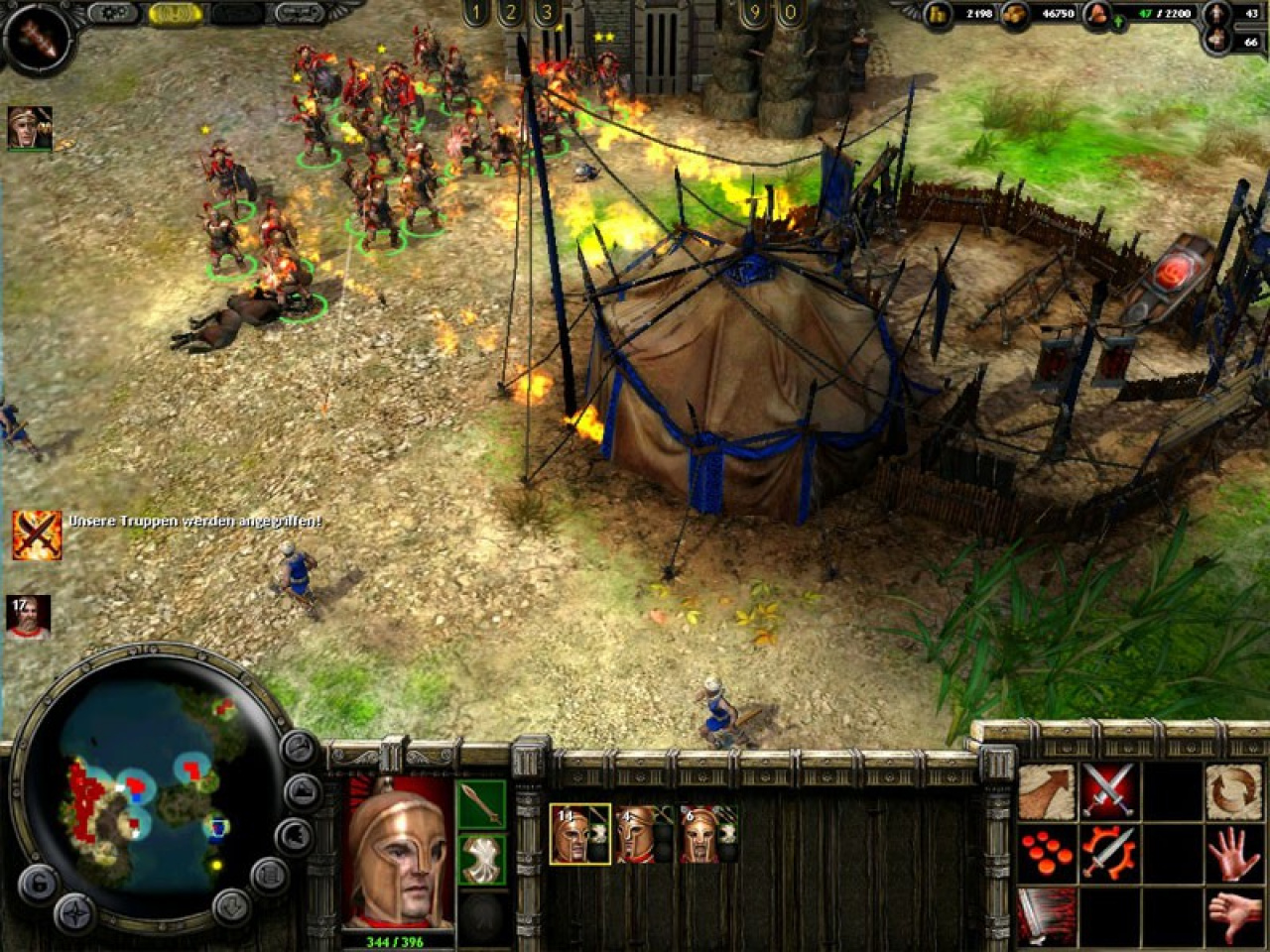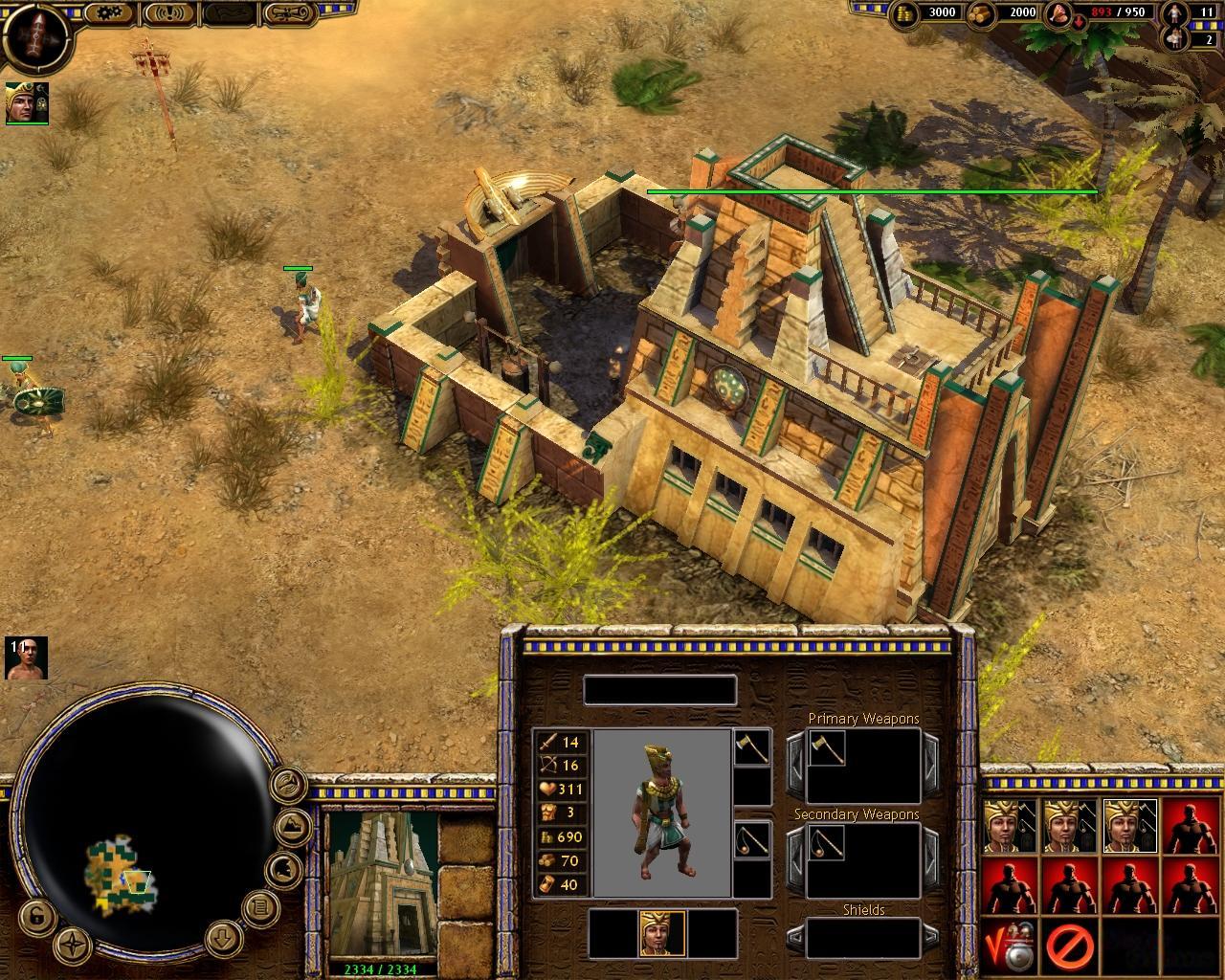

For a long time the Spartans had no city walls, trusting to the strength of their army for defense against invaders and against their own Laconian and Messenian subjects. Click the link for more information. in Greece (c.2000–1100 B.C.), but the Mycenaean ruins that have been found there are not comparable to other significant Mycenaean sites. They were first undertaken by Heinrich Schliemann and others after 1876, and they helped to revise the early history of Greece. , an ancient Aegean civilization known from the excavations at Mycenae and other sites. Prior to the Dorian conquest, tradition says that Sparta was an important site of Mycenaean civilization Mycenaean civilization Located in a fertile, mountain-walled valley, the city-state of Sparta was created by invading Dorian Greeks, who later conquered the countryside of Laconia and Messenia (c.735–715 B.C.). Nevertheless, the perioeci were entirely subordinate to the Spartiates. In somewhat less stringent subjection were the perioeci, freemen who were permitted to carry on commerce and handicrafts, by which some of them prospered. They could not be sold, but they had no legal or civil rights and were constantly watched by a sort of Spartiate secret police for fear of insurrection. The helots farmed the land and paid part of the produce to their masters, the Spartiates. The Spartiates were the only citizens and the only sharers in the allotment of lands and of the helots (serfs who were bound to the land). Spartiate women, under less severe discipline, were part of the soldierly society and were not secluded. Thus his entire life was spent under rigorous discipline. He became a soldier at 20, a citizen at 30, and continued as a soldier until 60. If he was fit, he was taken from his mother at the age of seven to begin rigorous military training.

At birth a boy was inspected by the elders, and if he appeared too weakly for future military service, he was taken into the mountains and abandoned. The ruling class, the Spartiates, gave themselves wholly to war. The business of the state was conducted with secrecy (unlike the open forum methods of Athens), and every effort was made to keep the institutions unchanged. Click the link for more information., elected annually.

This annually elected board functioned from at least the 8th cent. In Sparta they comprised an executive, legislative, and judicial board of five Spartan citizens. , in ancient Greece, magistrates in several Dorian states. There was a council of elders and a general assembly of citizens but the real rulers were the board of five ephors ephors Some of these kings were able (e.g., Cleomenes I, Leonidas, and Agis II), but all were held in check. Sparta's government was headed by two hereditary kings furnished by two families they were titular leaders in battle and in religion. Sparta (spär`tə), city of ancient Greece, capital of Laconia, on the Eurotas (Evrótas) River in the Peloponnesus.


 0 kommentar(er)
0 kommentar(er)
